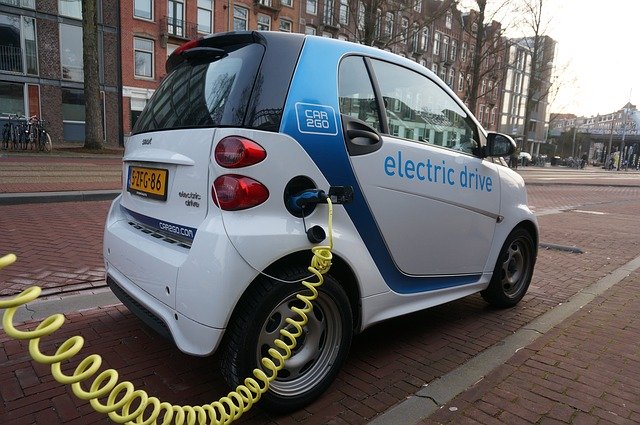
An electric vehicle is a useful tool that would allow us to start controlling CO2 emissions and other pollutants produced by transport activity.
Electric cars are today considered by many people as one of the most effective ways to combat climate change and pollution in large cities, thanks to the fact that they do not emit polluting gases directly. However, many accuse these vehicles of not being as sustainable as they appear, both due to the pollution generated during their manufacture and the generation of the electricity necessary for them to function.
Recently the UK government has taken some steps for a £10 million electrical vehicle investment and £500 million to boost electric vehicle infrastructure herewith there is a plan for banning new petrol, diesel or hybrid cars by 2035. Lease Car has taken this opportunity to consult people about switching to Electric Cars and its current situation.
Lease Car also discovered some valuable information from the surveyed people. Here is the result:
Current car ownership
– 59 percent of survey takers said they own a car with a petrol engine
– 25 percent of respondents reported that they have a car with a diesel engine
– 7 percent of drivers said they drive a hybrid car
– 3 percent reported owning an electric vehicle
Future car ownership: Electric cars or not?
– 43 per cent saying they are very likely to switch to an electric car in the future
– 40 per cent saying they are somewhat likely
– and only 17 per cent reported that they are unlikely to invest in an electric vehicle
Challenges of switching
– 70 percent admitted they were put off making the switch to electric vehicles by the cost associated with these cars
– 65 per cent said a lack of charging points was a turn off when it comes to transferring from fossil fuel to electric-powered vehicles.
– 21 percent of our respondents confessing that a lack of knowledge is stopping them from opting for electric motors
– 20 per cent said they were put off by the lack of brands available
– 19 per cent saying that when it comes to design, electric vehicles simply don’t make the cut
The production of batteries, the key element of electric cars, involves the extraction of materials such as lithium, cobalt, nickel, or copper. In general, lithium mining is not considered particularly harmful to the environment, while the use of minerals such as cobalt is declining significantly in recent times (the objective of the industry is to simplify as much as possible the battery chemistry in the next decade, dispensing with materials such as cobalt, which will be replaced by more common ones).
Regarding the generation of electrical energy, everything depends on the sources used to obtain it. According to most studies, the pollution derived from the production of electricity to charge an electric car throughout its useful life is less than emitted by a hot car through its exhaust gases, except for a few countries where electricity generation comes mainly from coal. Keep in mind that it is much easier to control the pollution emitted by a thermal power plant than by thousands of exhaust pipes.
In a world scenario in which renewable energies will increasingly have greater weight, especially thanks to the popularization of energy storage systems such as battery packs, which will allow a continuous and stable supply, it seems clear that electricity generation will be an increased and more sustainable process.
The automotive sector uses large amounts of petroleum-derived fuels ineffectively, emitting large amounts of CO2 and other pollutants into the atmosphere. On the other hand, these engines’ noise pollution is undoubtedly another factor of environmental impact.
If most of the country starts to consider an electric vehicle, what happens to our old petrol and diesel cars? Ensuring we dispose of our old vehicles responsibly is essential. When you scrap a car, almost 100% of the vehicle can be recycled.Many countries have already understood the important role that the electric car can play in the future, and various policies already exist to help and encourage the diffusion of this technology.
The importance of electric mobility in reducing CO2 emissions and other polluting gases is well known. The electrification of transport is, together with renewable energies and energy efficiency, one of the fundamental pillars in the fight against climate change. And Volkswagen is committed to an agreement to ensure that the global average temperature does not grow more than 2ºC compared to pre-industrial levels, assuming its social responsibility and working to become the world’s leading provider of sustainable mobility.



